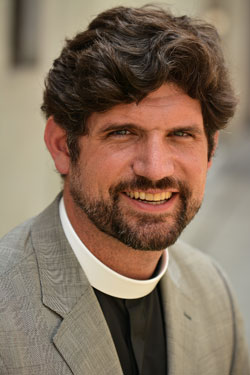 From what I understand, this reflection should reach your inbox right around a time of sacred importance to several religious and cultural traditions. At the forefront of my mind as an Episcopal priest with the last name Katz are Passover and Holy Week.
From what I understand, this reflection should reach your inbox right around a time of sacred importance to several religious and cultural traditions. At the forefront of my mind as an Episcopal priest with the last name Katz are Passover and Holy Week.
These holy observances revolve around memory. To be more accurate, they revolve around inherited memories. We find ourselves curiously united to others by re-telling stories of events that occurred in a distant, ancient past.
Memory is one of the most powerful aspects of our humanity. Memory provides us with our sense of identity – where we come from and who we come from. It can just as easily and effectively tell us who and what we are not. History is rife with examples of the way that memory – especially inherited memory – has been used to appeal to our most violent human tendencies, as well as our most compassionate ones.
So, what about the memories of these holy days makes them transformative for us today?
I would argue that they provide us with examples of Holy Vulnerability. Passover summons the memory of a journey from stability as slaves to a tenuous and vulnerable freedom. It is in Holy Week that Jesus exhorts his closest friends to remember him as a servant and teacher willing to subject himself to the furthest extent of human vulnerability in his betrayal and execution.
In both Passover and Holy Week, we remember that God is never so present to us as human beings as when we are at our most vulnerable. The memories of these holy days remind us that we can choose to make ourselves vulnerable and that if we have the courage to do so, we will find that we are not alone. God is already there.


